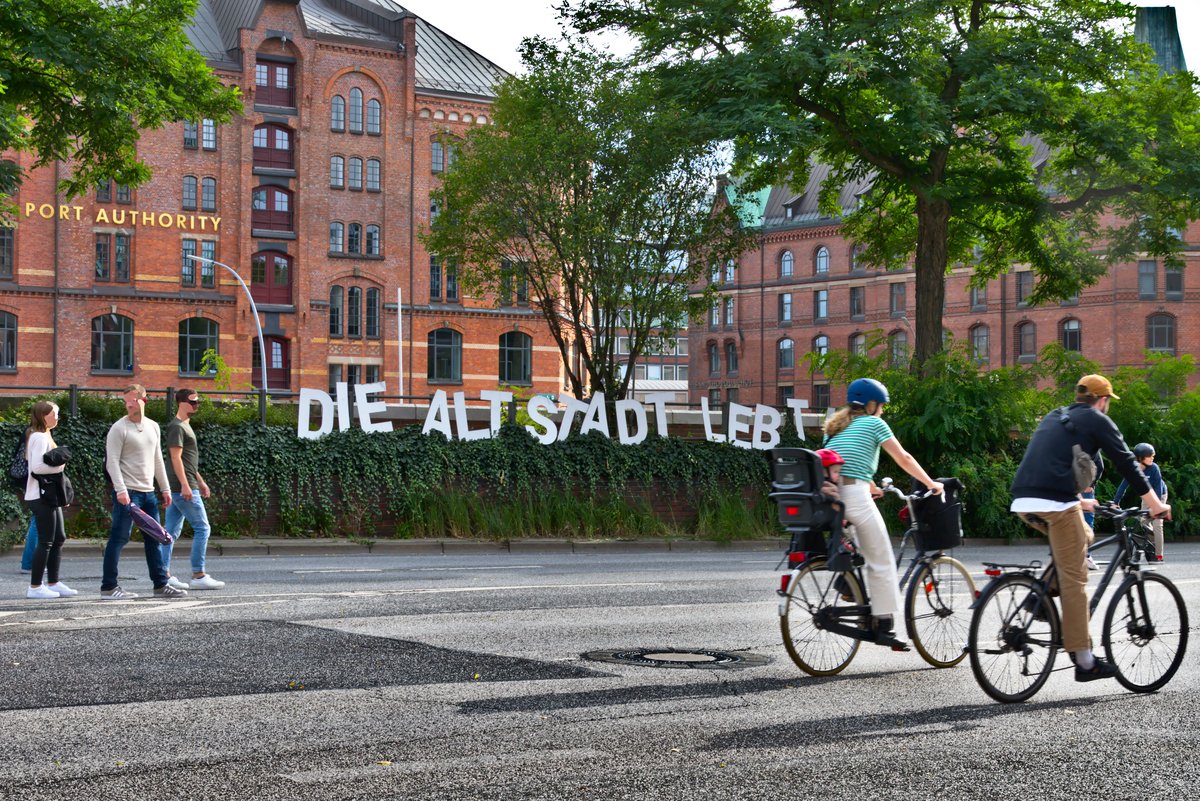
Das Fachgebiet Stadtmanagement stellt sich vor
Das Fachgebiet Stadtmanagement existiert seit dem Jahr 2009 an der BTU. Die Einrichtung folgte dem Grundtenor, dass Stadt- und Regionalplanungsstudiengänge in ihren Curricula und Forschungsaktivitäten den konzeptionell-strategischen Aspekt ausweiten. Dies geschah in Anpassung an die veränderten Erfordernisse im Planungsalltag: Mehr und mehr gehört seit Mitte der 2000er Jahre zur Stadt- und Regionalplanung nicht nur der Entwurf, die vordringliche Auseinandersetzung mit gestalterisch-funktionalen Aspekten, sondern auch die Initiierung und Ausgestaltung von integrativen Stadtentwicklungsprozessen sowie (Groß-)Projekten, deren Organisation und Koordinierung sowie die begleitende Kommunikation und Kooperation. Und da die heutigen Aufgaben resp. Betätigungsfelder von Stadtplanern anders sind, fordern sie die Auseinandersetzung auch in Lehre und Forschung mit dem Managen von Stadt im Hinblick auf Akteure (Stakeholder), Prozesse und Instrumente. Das Fachgebiet Stadtmanagement hat das Selbstverständnis, STADT ZU DENKEN, in dem Raum und Prozesse erforscht und Entwicklungen antizipiert werden (Szenarien; Planspiele) und STADT ZU MACHEN, in dem Raum, Akteure und Prozesse durch ein vielfältiges Instrumentarium gesteuert und eingebunden werden (informelle, diskursive und formelle Ansätze bzw. Zwischenformen).
The Chair of Urban Management was established in 2009 at the BTU, based on the principle idea that urban and regional planning study programs tend to widen the conceptual-strategic aspects in their curricula and research activities. This has happened in line with the changing requirements in the everyday planning. Since the mid-2000‘s, it has become more and more evident that urban and regional planning do not merely include the design factor and the analysis of the design-functional aspects. Urban planning also consists of the initiation and arrangement of integrative urban development processes, (Large) projects, their organisation and coordination, as well as the accompanying communication and cooperation in these processes. The today's responsibilities of urban planners also require teaching and research regarding the management of cities concerning actors (stakeholders), processes, and instruments. The Chair of Urban Management has the conception to THINK CITY, in which space and processes are explored, and developments are anticipated (for instance, through scenarios and simulation games). Furthermore, it perceives the CITY TO MAKE, in which space, actors, and processes are integrated through a diverse range of instruments (informal, discursive, and formal approaches or intermediate forms).
